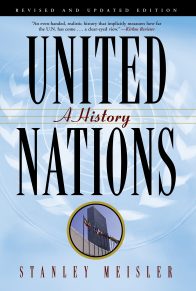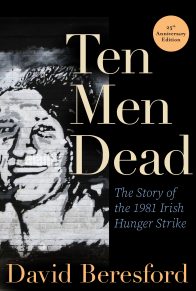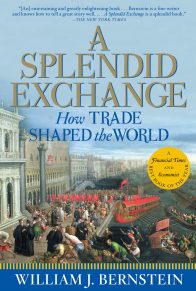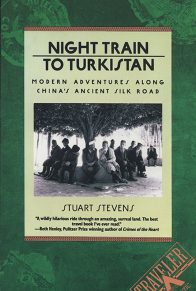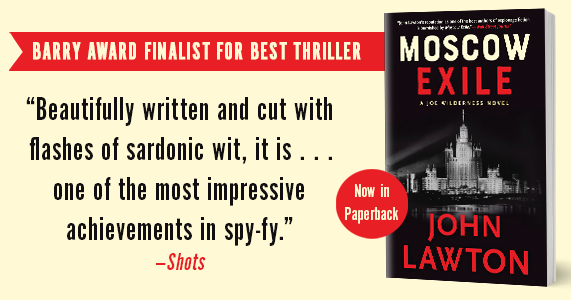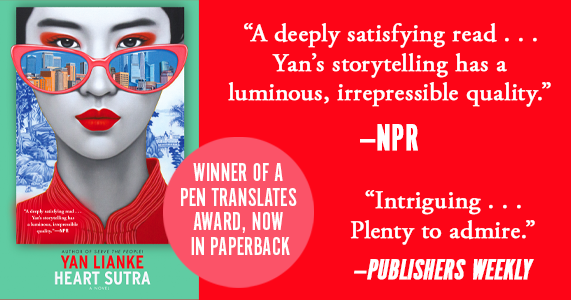“Meisler . . . avoids the ideological debates and instead offers a straightforward history. In an account sprinkled with rich anecdotes and colorful portraits of figures like Dag Hammarskjold and Adlai Stevenson, Mr. Meisler tells the story of interventions around the world.” —David Callahan, The New York Times Book Review
“A strikingly readable, accurate history of the U.N.’s first half century. [Meisler’s] made the organization’s relatively un-lionized heroes . . . come alive. . . . Meisler crisply escorts readers behind the scenes to witness the personal collisions, nobility, and foibles of major actors and bit players.” —Earl Foell, Christian Science Monitor
“Meisler recounts an exciting story of the U.N.’s origins and agonies. Using an engaging biographical technique, he focuses on the U.N.’s key players.” —Blanche Wiesen Cook, Los Angeles Times Book Review
“A solid, straightforward appraisal of the world’s greatest attempt at peacemaking. Stan Meisler has the storyteller’s gift for important and rich detail that makes history come alive. An extraordinarily interesting and informative book.” —Paul Duke
“I laughed and I cried at this wonderful telling of the United States’ love-hate relationship with our most famous child, the United Nations. It’s a story Americans should read before it’s too late—or just because Stanley Meisler, one of the best foreign correspondents we have, writes it so well.” —Richard Reeves
“Balanced and insightful, this book is a must for anyone who wants to understand where the U.N. has been and, more importantly, how we might best use its potential for the future.” —Thomas R. Pickering, U.S. ambassador to Russia and former ambassador to the U.N.
“Stanley Meisler tells the story of the United Nations, its promise and its problems, with clarity and authority. He brings to life the history of the world organization and a half-century of America’s hopes for and frustration with world government . . . . You will learn why China is almost by chance one of five permanent members on the Security Council, how the Council’s veto power was adopted at Stalin’s demand, why Adlai Stevenson left his post as U.S. ambassador in lonely despair, how Kurt Waldheim hid his past to become Secretary General, how the Bush administration maneuvered the United Nations into supporting Operation Desert Storm, and much, much more. This is the definitive account of the United Nations for a general audience, told by a master.” —Jim Hoagland, chief foreign correspondent, The Washington Post






